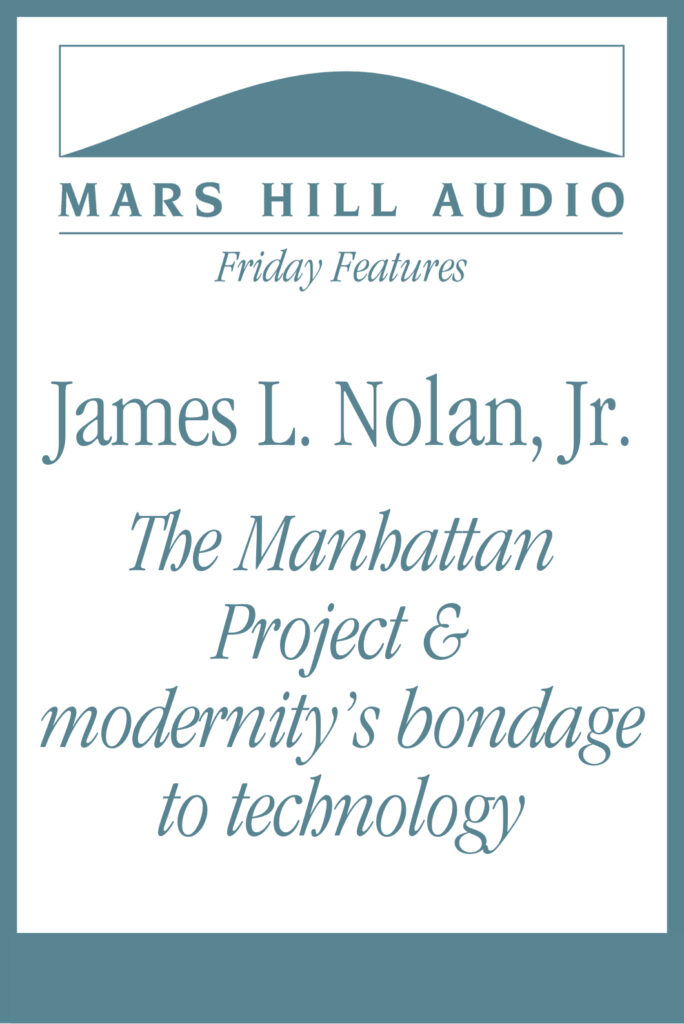
released 8/18/2023
In his book Atomic Doctors: Conscience and Complicity at the Dawn of the Nuclear Age, sociologist James L. Nolan, Jr., tells the story of his grandfather’s experience as a medical doctor working with the scientists and military personnel at Los Alamos. While the book is primarily a historical account, Nolan also sees this episode in world history as a case study in the dangers of technological enthusiasm outpacing wisdom and caution, and he believes that we need to take these lessons seriously in our own day. This Feature presents material originally heard on Volume 152.
27 minutes
PREVIEW